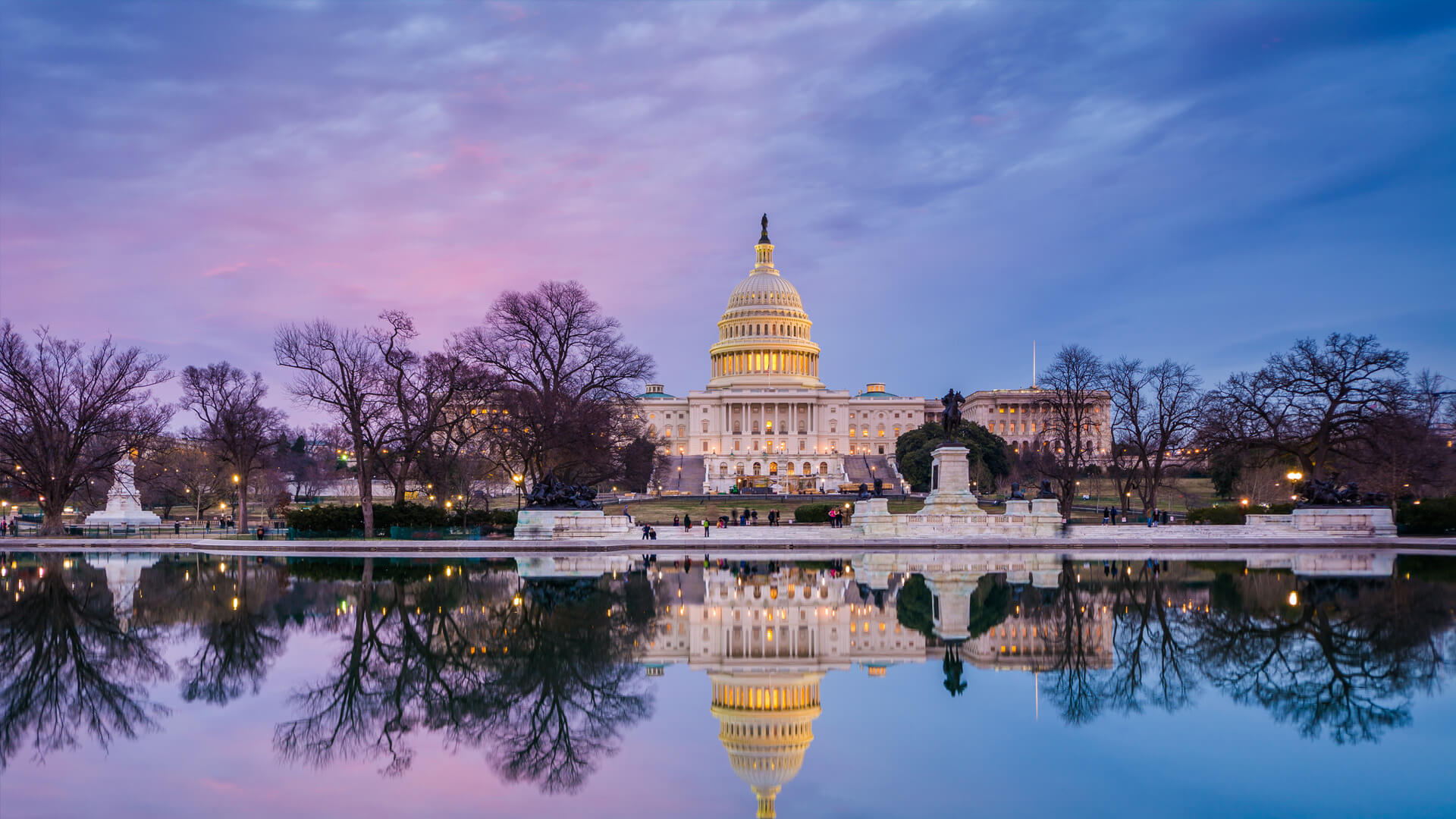
Joshua Shifrinson joined the School of Public Policy and the Center for International and Security Studies at Maryland (CISSM) this past fall as an Associate Professor and Senior Fellow, respectively. Before joining the University of Maryland, Shifrinson spent several years at the Frederick S. Pardee School of Global Studies at Boston University and The Bush School of Government and Public Service at Texas A & M University.
What attracted you to come work at SPP and CISSM?
I guess there are three things that really attracted me to CISSM and UMD, in general. First, the school has a fantastic reputation working on international policy issues, broadly defined, in a rigorous and intellectually dynamic kind of way. The University of Maryland is also proximate to DC, proximate to the halls of power where these debates are occurring. That's very attractive. Second, more than the legacy, there's a fantastic community of scholars and practitioners here as well as students. So the ability to plug into not just the broader school, but also the dynamic community oriented around CISSM was really quite attractive. Finally. this is a public institution, and I think it's important at this moment in time in American politics and international policy conversations to provide a high quality education for anyone who wants to join higher education or gain the benefits of higher education, which is not something you can offer at a private institution. So to do so at a prominent public Ivy like Maryland was just too good to pass up.
Tell us about your educational and professional background?
I got my doctorate at MIT. Before that, I was a student at Brandeis University. I was a history major first and then became a politics major, eventually receiving my doctorate in political science. But I've always been working at the intersection of diplomatic history and American foreign policy and international security affairs, which in the mid 2000s when I was doing my doctorate, were not popular topics to study. And then all of a sudden those questions became THE thing to study. It wasn't anything planned for my career. I've always been interested in these big grand political topics, grand strategy questions, policy questions since, really, my undergraduate and graduate school days. And it just so happens that what I care about is now newly in the news so to speak with the Ukraine conflict, renewed interest in NATO, growing strategic competition with China, etc..
But I started my professional career actually at the Bush School at Texas A&M, which was a master's level public policy institution focused on international policy. And I really enjoyed working with many of my colleagues there. I enjoyed being in a public facing research school there, but I wasn't a huge fan of living in semi-rural Texas. So I ended up getting a job at Boston University, which is a wonderful institution, and has a very strong international relations program. But it was mostly folks on the academic side rather than the policy side so I really started to miss the policy conversation. I wasn't actively looking for a job elsewhere, but I was certainly aware that I would like to be in a more policy focused environment. And so when the Maryland job popped up, I already knew Alec and Cat Worsnop from graduate school, and I knew the reputation of Nancy Gallagher. It was just simply too good of an opportunity to pass up.
What projects are you currently working on?
I just had a book come out co-edited with Jim Goldgeier from American University and Brookings on the legacies of NATO enlargement. We really tried to delve into the history, the dynamics, the consequences of NATO expansion after the Cold War, which is a topic that's certainly within the news the last couple years following the full-scale Russian invasion of Ukraine, but was actually a policy concern even before then. Jim and I are actually on opposite sides of the NATO enlargement debate. He's much more for it than I am, at least in certain ways. But I don't want to make that too stark. We decided that rather than being part of a conversation that was really talking past itself or parts of the conversation were talking past each other, we combined forces, mobilized a really dynamic, interdisciplinary, intergenerational, and international group of scholars to look at NATO expansion across time, but also the consequences for different actors, for the US, for NATO as an organization, for the Western European members of NATO, for the Eastern European members of NATO, for Russia, and for countries outside of NATO. So that's been a big project.
I'm also doing a book on how one can utilize archival research to study international policy and international relations topics, which I hope to have done in the next several months. And beyond that, I'm doing a book on how spheres of influence which are often lambasted in policy discussions can actually help stabilize great power politics. This is an important insight if we're thinking about a new era of great power competition. And then lastly, with a co-author at the State University of New York at Albany, we've been working on a project that looks at political instability in nuclear armed countries, which actually inverts how we usually think about nuclear weapons. We often talk about how nuclear weapons can be used for deterrent purposes, why states want nuclear weapons and beyond. Here we're taking nuclear as a given and asking what happens when the country itself begins to wobble internally. Looking at how that relationship plays out, which again, has some novel insights if you're thinking about the potential consequences of a Pakistani political collapse, of a North Korean collapse, and indeed even the possible collapse of Russia, which has certainly been in the news these days given the efforts to sanction the Putin regime.
What do you hope to achieve in the near-term now that you're settled in at SPP?
I'm really hopeful my research will be impactful in policy debates and spur important conversations. I think of my own work as challenging conventional wisdom and offering contrarian takes on policy issues done in a robust and intellectually honest and policy engaged way. So I want to continue that legacy and really grow that. At Maryland itself, I'm here to continue contributing to all the work that CISSM does, contributing to class development at the undergraduate and graduate level for a growing international policy community within the university. Really bolster our efforts in the teaching space.
I'm also eager to do more that links the other history, historical insights to different policy conversations. Claire Dunning, one of the professors here at SPP, and I are in conversations about getting a history and public policy program together, or maybe a history of public policy initiative established to try to draw together some of the efforts that are already ongoing at the school. I'm not a historian by training, but do quite a bit of historically inclined research. So it's a real effort to bridge interdisciplinary gaps, which is another passion of mine.
And in general, I want to continue making Maryland a place to be and a place to study international policy issues in the greater Washington area. I think we have an opportunity to really deepen our connections to the policy sphere. I think we have an opportunity to do something that other policy institutions in the greater DC area are not doing, which is really delve deeply into the issues accompanying great power competition, a topic that I think will be with us for a long time to come. So I believe that we can really put our mark in the policy conversation if we play our cards right. I'm eager to contribute to our initiatives in this area.
Tell us a little bit about your life outside of work?
I'm a big dog person. I enjoy puttering so I like walking my dog. I like tinkering around my house. I do a lot of gardening. I do home repairs on the fly. The prior owners of my house didn't do anything to the garden for 30 years so I'm trying to rehab that. So doing a little landscaping. When I can, I enjoy cooking and grilling. I really enjoy being in the area. One of the things that I intentionally did when I moved here is I moved locally. I only live a mile from campus and so I really, really enjoy having the ability to be quickly on and off campus, both at the point of being visible on campus and also the ability to get to know the area in which Maryland is operating.



